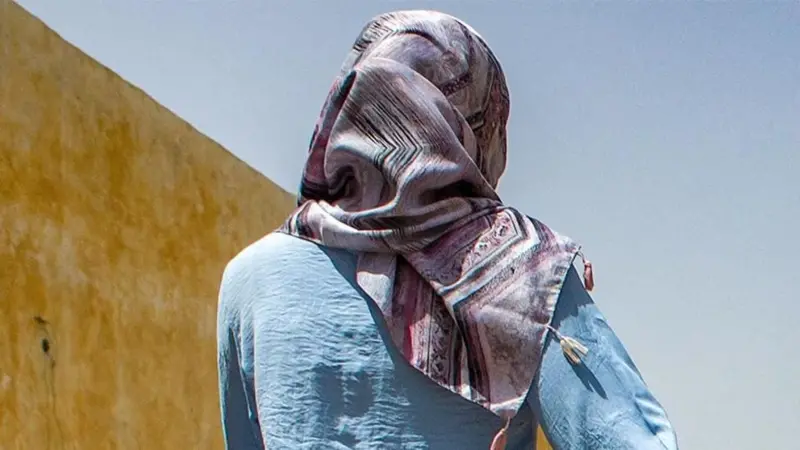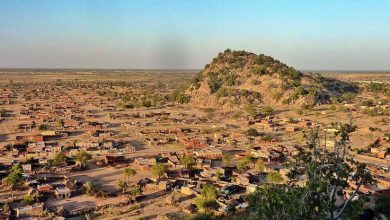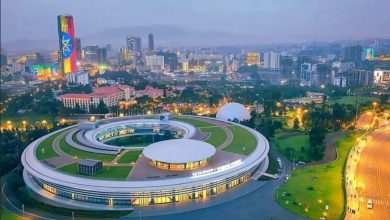Rising Suicide Cases Among Rape Victims in Sudan
Omdurman – Report by Bakhita Zayed Al-Safi

In recent months, rates of suicide among Sudanese girls and women who have been raped during the war — especially in active conflict zones — have increased. Reports from human rights organizations and activists indicate that many women have taken their own lives after being raped by members of armed groups.
The Preparatory Committee of the Sudan Doctors’ Syndicate has documented the suicide of 135 women who had been raped since the outbreak of war in mid-April 2023. Warring parties — particularly the Rapid Support Forces (RSF) — face repeated accusations of committing widespread violations against women, including rape, sexual violence, murder, sexual slavery, and abduction.
Shocking Statistics
Dr. Adeeba Ibrahim Al-Sayed, an internal medicine and epidemiology specialist with the Omdurman branch of the Preparatory Committee, reported that the committee documented the suicides of 135 rape survivors.
She pointed to a rise in the number of rape cases recorded by the committee, which has reached 679 — all allegedly committed by RSF members, according to survivors’ testimonies. Child rape cases totaled 256, with victims ranging in age from 5 to 16 years, recorded from the start of the war until last July.
She also revealed that 48 women underwent abortions — 12 cases at Al-Nau Hospital in Omdurman, Khartoum State, and 36 cases at Shendi Hospital in River Nile State.
Grave Consequences
The Horn of Africa Women’s Network (SIHA) reported seven suicide cases among rape survivors from Khartoum, Al-Jazira, and Sennar States, reflecting the severe health and psychological consequences of these crimes.
The network criticized the weak response from international protection agencies and UN bodies, noting that medical and social care facilities lack sufficient knowledge on proper healthcare and initial measures for rape survivors. Victims also lack access to legal aid — a problem that existed before the war and has since worsened.
SIHA called for funding and support to establish clinics and safe rooms in collaboration with civil society and relevant authorities in secure states, to ensure immediate medical response, psychological care, and related services for survivors.
Fear and Impunity
Women’s rights activist Fatima Al-Rabee expressed deep concern over the growing number of suicides among rape survivors in Sudan, particularly following RSF incursions into Al-Jazira State, during which some of the worst violations against women have been reported.
She noted that the number of women subjected to rape and sexual violence is rising daily, making precise statistics difficult to obtain.
Al-Rabee stressed that there is a severe lack of protective measures for women and girls, with both warring sides ignoring international humanitarian law and the absence of effective law enforcement mechanisms. She added that impunity for sexual crimes has persisted in Sudan since the Darfur conflict (2003–2020).
Trauma and Grief
One 33-year-old woman, who asked to remain anonymous, recounted her rape in Al-Jazira State:
> “After RSF forces entered our village in eastern Al-Jazira, we fled on foot. Near Al-Hasahisa, an RSF unit stopped us, separating the women from the men. Then they raped us brutally and humiliatingly, taking turns despite our pleas. The most painful part is that they supported each other and took pride in committing this heinous crime.
> When I reached a safe area, I reported the incident at a hospital to receive treatment and prevent pregnancy. The medical team did what was necessary, but the trauma has left me with a dark and miserable life.
> During our escape, one girl took her own life from the shock. Others considered suicide, but with psychological support, they overcame the immediate danger.”
Systematic Rape
Legal advisor and lawyer Hatem Mahjoub told Mashawir platform that in areas of ongoing conflict, women and girls face systematic rape — including minors — due to the absence of deterrents. This, he explained, constitutes a war crime and a blatant violation of international law and human rights.
He added that the forms of conflict-related violence include abduction for the purpose of rape, forced marriage of minors, sexual slavery, and the sale of women and girls in markets, along with harassment, pregnancies, and abortions.
According to Mahjoub, such violations often drive survivors to suicide due to severe trauma and fear of social stigma, especially in a society where rape survivors are wrongly blamed. He emphasized that reporting is essential for ensuring protection and access to psychological and social support.
He also stressed the importance of seeking help immediately to prevent pregnancy or carry out lawful abortions, as stipulated in approved medical protocols.




